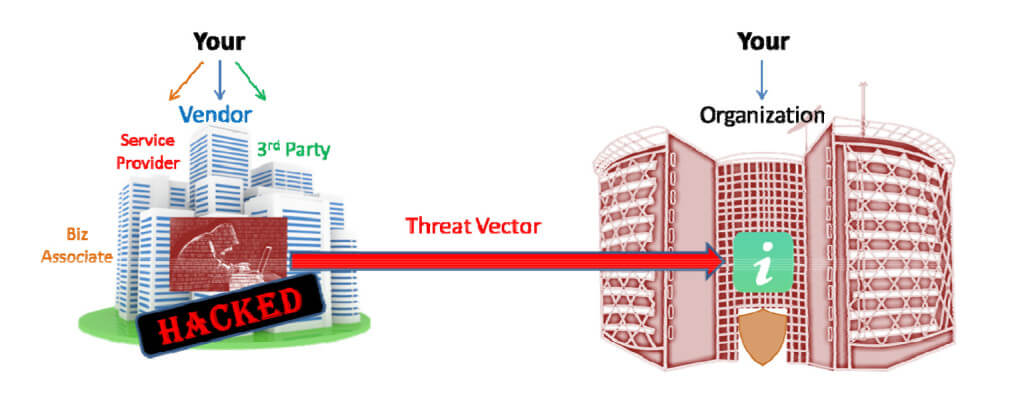
In today’s interconnected business world, where external partnerships are the norm, the need to manage and mitigate risks associated with vendors has never been more critical.
From cybersecurity vulnerabilities to compliance challenges, organizations face a myriad of risks that can impact their operations and reputation. This is where Certified Third-Party Risk Professionals (CTPRP) step in, playing an indispensable role in the complex processes of vendor selection and due diligence.
In this article, we’ll explore the significance of certified professionals in minimizing the risks linked to external partnerships.
The Complexity of Vendor Relationships
As businesses expand their operations globally and leverage technological advancements, vendor relationships have become increasingly complex. Organizations rely on a diverse network of suppliers, service providers, and partners, each contributing unique risks to the equation.
The challenges range from data security threats to financial instability and regulatory compliance issues. To navigate this complexity effectively, businesses are turning to certified third-party risk professionals.
Certification as a Standard of Competence
The certification process for Third-Party Risk Professionals is rigorous and specialized. It encompasses training in crucial areas such as risk assessment methodologies, regulatory compliance, contract negotiation, and ongoing monitoring strategies.
The certification acts as a seal of competence, validating the professional’s ability to handle the intricacies of third-party risk management.
Importance of Certified Professionals in Vendor Selection
Risk Identification and Assessment
Certified professionals bring a keen eye for identifying potential risks associated with a vendor. Their expertise allows for thorough risk assessments, taking into consideration factors such as financial stability, cybersecurity practices, and regulatory compliance.
This ensures that organizations make informed decisions when selecting vendors, mitigating potential threats proactively.
Regulatory Compliance
In an era marked by increasing regulatory scrutiny, adherence to compliance standards is paramount. Certified professionals are well-versed in the nuances of various regulations and can assess a vendor’s compliance with industry-specific standards.
This not only minimizes legal and regulatory risks but also ensures a smoother and more sustainable partnership.
Contract Negotiation and Structuring
Crafting a robust contract is the foundation of risk mitigation. Certified professionals excel in negotiating contracts that include comprehensive risk mitigation clauses, dispute resolution mechanisms, and performance metrics.
This strategic approach safeguards the interests of the organization throughout the vendor relationship.
Importance of Certified Professionals in Due Diligence
Cybersecurity Assurance
Cybersecurity threats pose a significant risk in vendor relationships. Certified professionals are equipped to evaluate a vendor’s cybersecurity infrastructure, policies, and incident response plans. This ensures the protection of sensitive data and intellectual property, fostering a secure environment for collaboration.
Financial Stability Assessment
The financial stability of a vendor is crucial for the success and continuity of a partnership. Certified professionals analyze financial statements, assess liquidity, and evaluate the overall financial health of potential vendors. This proactive approach minimizes the risk of disruptions and ensures a stable collaborative environment.
Ongoing Monitoring and Relationship Management
The role of certified professionals goes beyond initial due diligence. They understand the importance of continuous monitoring.
Regular assessments and performance reviews are conducted to ensure that vendors maintain compliance, address emerging risks, and align with the organization’s evolving needs. This ongoing relationship management is essential for the long-term success of vendor partnerships.
In the intricate and dynamic landscape of modern business, the role of Certified Third-Party Risk Professionals is not just significant but crucial. Their structured and comprehensive approach to identifying, assessing, and mitigating risks in vendor relationships is key to a resilient and secure business environment.
By leveraging the expertise of certified professionals, organizations not only minimize potential threats but also foster sustainable and mutually beneficial relationships with their vendors. As the demand for such professionals continues to grow, their role in shaping the risk management landscape becomes increasingly indispensable.
